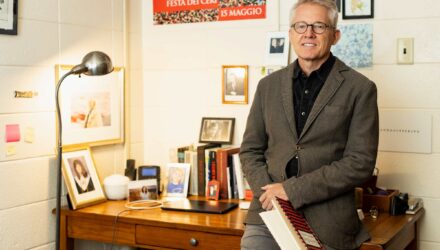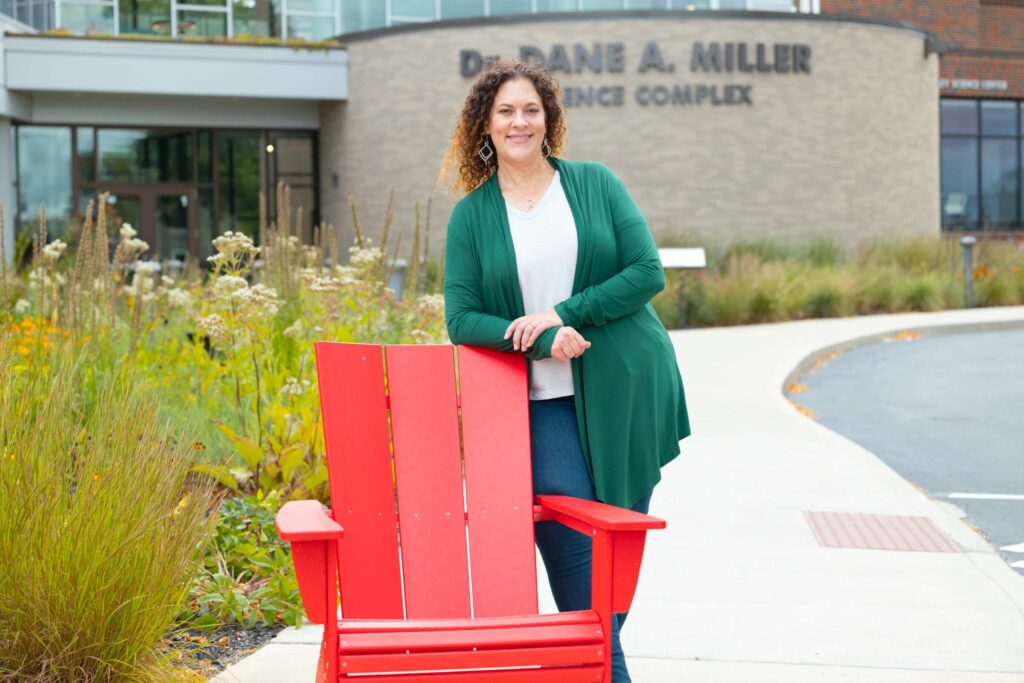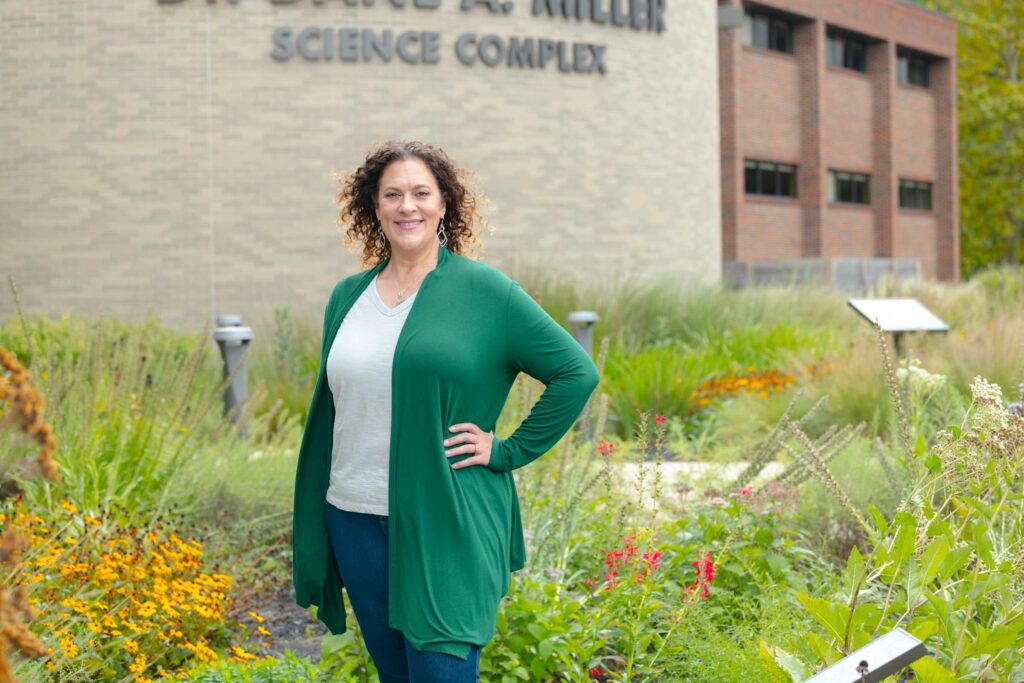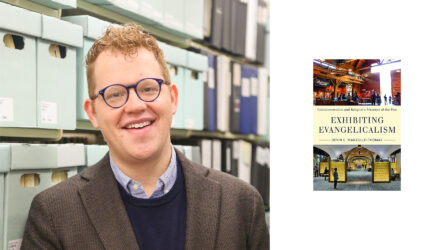
Wonderfully Made: Anatomy and Physiology Classes through a Christian Lens with Professor Michelle Martin

Grace’s new Assistant Professor of Biology Michelle Martin has always loved science and how it explains the intricacies of the world we live in. The more she studied biology, the more she saw how wonderfully we are made (Psalm 139:14) and how integrated everything is — from the smallest cell to the largest of ecosystems.
After more than two decades in the field of physical therapy, Martin will be teaching anatomy and physiology classes such as Basic Anatomy & Physiology, Advanced Anatomy & Physiology and Introduction to Microbiology, through which she will share her knowledge and experience with students and show them how anatomy and physiology can be applied to healthcare-related fields.
Let’s learn a little bit more about Professor Michelle Martin.
1. What is your educational background?
I received my first degree from McPherson College in Wholistic Health, which blends biology and psychology and prepares you for a graduate degree in physical therapy. My second and third degrees were from Andrews University in Berrien Springs, Michigan. I got a second Bachelors of Science degree, this time in Anatomy & Physiology and a Master of Science in Physical Therapy.
2. What brought you to Indiana?
Born and raised in eastern Colorado, I went to college in Kansas and met my future husband, who is from Indiana, through mutual friends. After graduation, we moved to Indiana, got married, and have lived in the Nappanee/Wakarusa area ever since.
3. How long have you been in the field of physical therapy?
I have 24 years of experience as a physical therapist — primarily in the outpatient orthopedic setting. This requires daily use of knowledge of anatomy and physiology, how it applies to rehabilitation after injury or surgery, and educating patients about anatomy and how to recover so that they can return to desired activities

4. Faith and science are often pitted against each other. How do you teach these things as complementary rather than antagonistic in your anatomy and physiology classes?
The more you study biology, from basic cells to more intricate systems in the body to the complexity of the human body as a whole, there is no question that we are wonderfully created. To me, science illuminates how we are too complex to have “evolved” from a cell — we have been made by a Creator in a wonderfully complex way that is so much more than human minds could ever imagine. Science continues to discover more about the world around us and continues to reinforce the diverse creativity of the God we serve.
5. What is your most proud accomplishment in your field?
As a physical therapist, I was able to develop and provide care in specialty niches such as concussion rehab, work rehab/work conditioning, SI dysfunction, & runners rehab. But I’m most proud of being known as the “educator” therapist — the one who was always teaching patients and staff.
6. What makes you most passionate about being a professor?
I love teaching, especially in the area of anatomy, as it can be very easily applied to taking care of yourself so you are better equipped to care for and serve others, especially in healthcare-related fields.
7. What do you like to do in your free time?
I love to travel and enjoy baking, working out and spending time with friends
If you want to take anatomy and physiology classes through a Christian lens, then Grace College might be the place for you!
Previous Post

